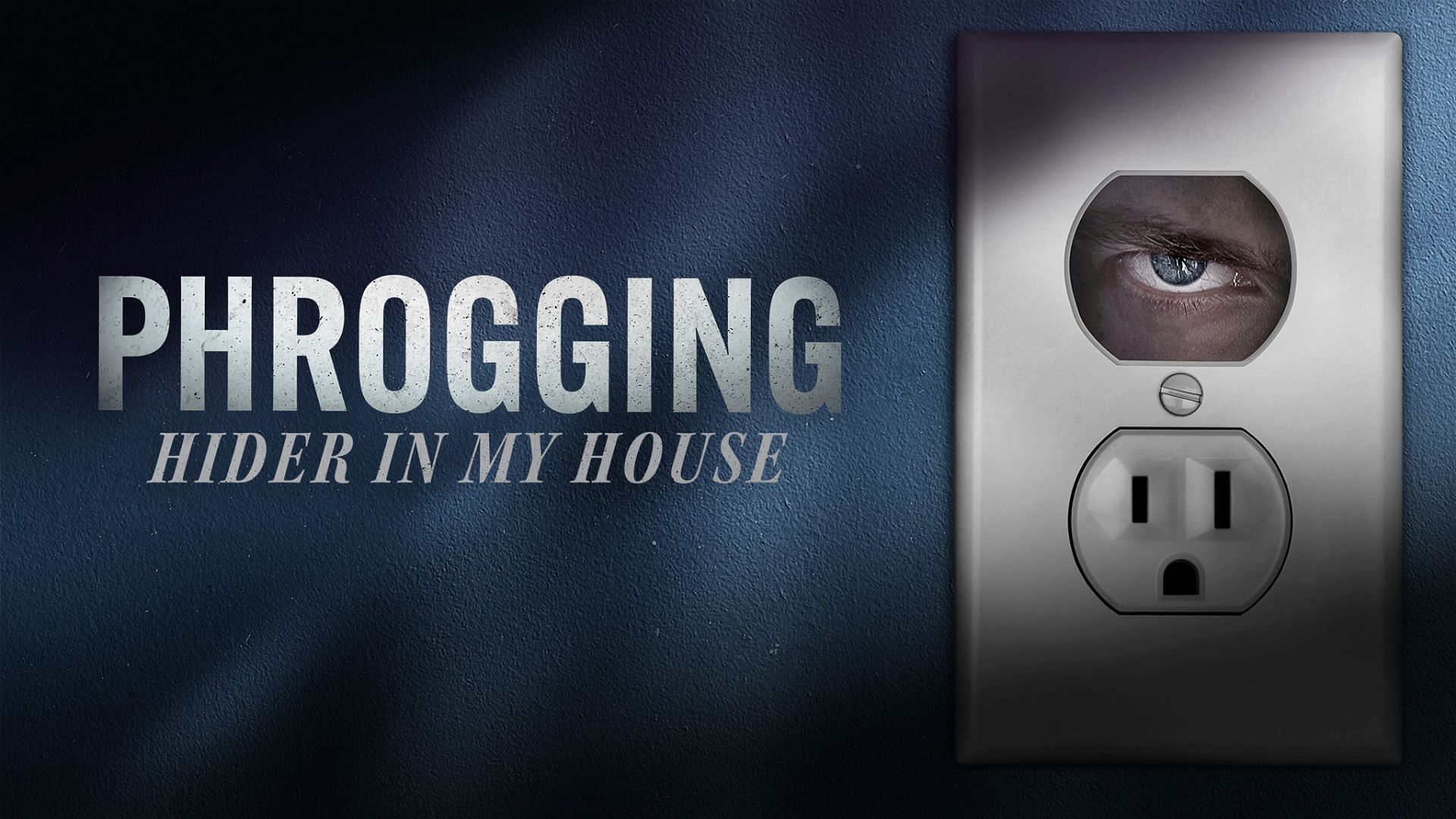Phrogging Stories That Will Leave You Shocked
Phrogging Stories That Will Leave You Shocked
Blog Article
Envision obtaining that somebody has been privately living in your home without your knowledge. That unnerving sensation is called "phrogging" (pronounced “frogging”). The definition of derives from the thought of a "frog" hopping in one position to some other, as phroggers usually inhabit various houses quickly while outstanding undetected. While it could seem like anything out of a terror picture, phrogging is a actual and significantly reported issue.

What Is Phrogging?
Phrogging refers to the behave of someone privately residing in still another person's home, an average of without their consent or awareness. A phrogger may stay static in concealed places such as for instance attics, basements, examine spots, sacrifice areas, as well as underneath furniture. They depend on the homeowner's neglect to check on these places, often moving in and out stealthily to avoid detection.
Phroggers don't tend to remain in one area for long. That transient conduct suggests they frequently move undetected for extended times, utilizing their host's food, electricity, and other sources without permission.
Why Is Phrogging on the Rise?
While standard data on phrogging is limited, historical evidence and media reports recommend a rise in such cases. A combination of factors has added to the tendency:
• Economic hardship has remaining several people fighting homelessness, leading some to find unusual shelter.
• Greater, multi-story houses frequent in the present suburbs provide ample covering spots for would-be phroggers.
• Homeowners' increasing dependence on digital devices like smart locks and movement detectors might unintentionally result in neglect of periodic, physical inspections of the homes.
How exactly to Defend Your Home
To guard yourself and your house from phrogging, contemplate these safety recommendations:
1. Standard Inspections
Conduct schedule checks of one's property's less frequented parts, such as for instance attics, basements, and storage spaces. These areas in many cases are primary areas for concealment.
2. Use Detective Cameras
Mount security cameras in and around your home. Cameras with motion detection can alert one to dubious activity, even in low-traffic areas.
3. Protected All Entry Items

Lock windows, gates, and any extra entrances to prevent unauthorized access. Ensure sacrifice keys are hidden securely or entrusted and then people you trust.
4. Remain Observant
Pay attention to unusual signals like food going missing, upset things, or unusual noises. These could show some one is residing in your home.
While phrogging might seem like a silly occurrence, their rise underscores the significance of heightened home awareness. By remaining cautious and taking practical actions, you are able to considerably lower the risk of experiencing that disturbing danger.
Report this page